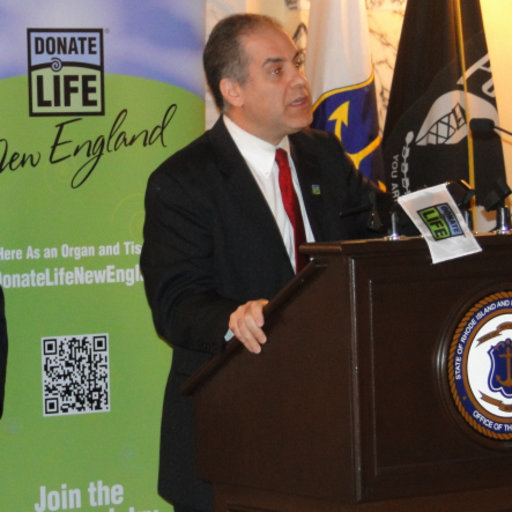Scientific Program

Reza Saidi
State University of New York Upstate Medical University, USA.
Title: Challenges of organ shortage for transplantation: solutions and opportunities
Biography:
Dr. Reza Saidi is a transplant surgeon in Syracuse, NY. He received his medical degree from Tehran University of Medical Sciences School of Medicine and has been in practice 19 years. . He completed his fellowship in organ transplantation at Massachusetts General Hospital, Harvard Medical School. He then joined University of Massachusetts Medical School. He was surgical director of pancreas transplantation at Alpert Medical School at Brown University and surgical director of transplantation and HPB surgery at Shariati Hospital at Tehran University of Medical Sciences, before joining Upstate Medical University as Associate Professor of Surgery and Surgical Director of Kidney transplantation at Department of Surgery. He specializes in hepatobiliary surgery and transplantation and is experienced in transplant surgery, pancreatic surgery, renal transplant surgery, general / gastrointestinal surgery, and hepatopancreatobiliary surgery.
Abstract
Challenges of organ shortage for transplantation: solutions and opportunities
Organ shortage is the greatest challenge facing the field of organ transplantation today. A variety of approaches have been implemented to expand the organ donor pool including live donation, a national effort to expand deceased donor donation, split organ donation, paired donor exchange, national sharing models and greater utilization of expanded criteria donors. Increased public awareness, improved efficiency of the donation process, greater expectations for transplantation, expansion of the living donor pool and the development of standardized donor management protocols have led to unprecedented rates of organ procurement and transplantation. Although live donors and donation after brain death account for the majority of organ donors, in the recent years there has been a growing interest in donors who have severe and irreversible brain injuries but do not meet the criteria for brain death. If the physician and family agree that the patient has no chance of recovery to a meaningful life, life support can be discontinued and the patient can be allowed to progress to circulatory arrest and then still donate organs (donation after circulatory death). Increasing utilization of marginal organs has been advocated to address the organ shortage.
- Impact of COVID-19
- Organ Donation
- Organ Rejection
- Transplantation Special legal and Ethical problems
- Organ Transplantation Market to Ascent Exponentially
- Drug Delivery in Transplantation
- Transplant Survival and Transplant Living

